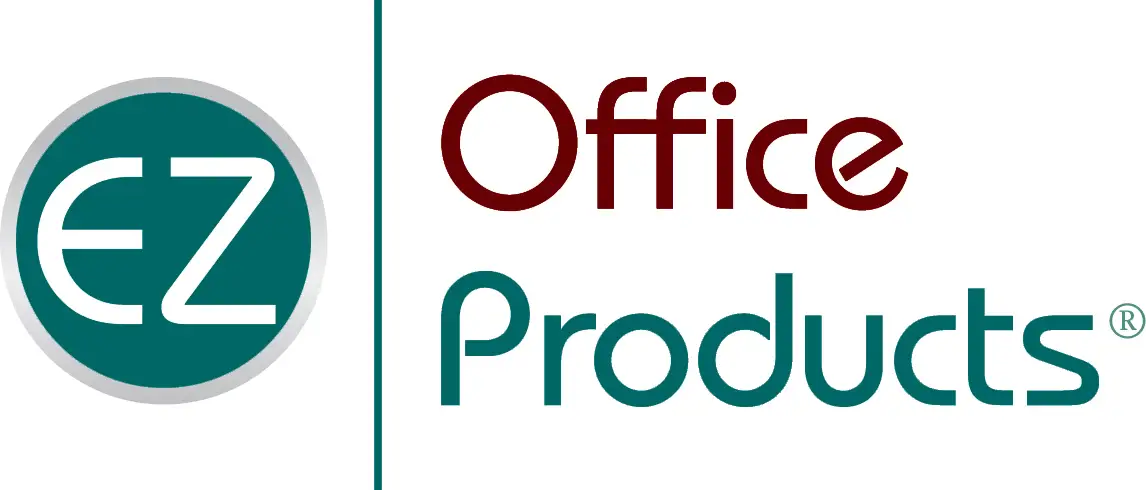Find out what the experts say about this and other off-limits language at work.

Imagine you’re having a typical workday: answering emails, scheduling meetings, and performing other routine job responsibilities. Then, one of your colleagues who you don’t know very well asks for help with the copy machine. As a gesture of gratitude, they respond by saying “thanks, honey.” How would that make you feel?
If you’re like most respondents in this poll, a term of endearment like this might make you feel uncomfortable or offended, especially amidst the flurry of sexual harassment allegations coming to light across the country. Others may chalk it up to regional language differences, like “sweetie” in the south, “mate” in Australia and “love” in places north of England. This dilemma begs the question: are terms of endearment a form of workplace harassment? Or are they just a harmless way to express affection? We turned to expert opinions to find out.
What do the experts say about terms of endearment at work?
Regardless of gender or the intent, many people find that terms of endearment are not appropriate for work. Most feel they should be reserved to express affection for a partner, friend or family member – and the experts agree. Rachel Holland, an authority on work etiquette and ethics, advises against using any terms of endearment in a professional setting. If it happens at your office, she suggests adding professional etiquette to the next team meeting agenda to ensure all employees know and understand the expectations for acceptable language at work.
Labor law attorney, Karen Michael, is of the same mind. Not only can terms of endearment in the office show a lack of respect and condescension, but they can also have potential legal implications if they are deemed workplace harassment. Instead, your safest bet is to call your colleagues by their first name and if you don’t know it, just ask.
What other language should be off-limits at work?
To steer clear of possible workplace harassment claims and help build positive relationships with your colleagues, avoid terms of endearment and these other off-limit topics:
- Lewd jokes
- Sexual anecdotes or rumors
- Religious beliefs
- Racist or slang phrases
- Your colleague’s clothing, behavior, or body
- Yours or your colleague’s romantic relationships
If you’re not sure if something you want to say would be offensive to others or considered workplace harassment, it’s best to keep it to yourself. You could also use this similar rule of thumb: if you wouldn’t say something to a coworker in front of your spouse, it’s probably better left unsaid.
What can you do if you experience workplace harassment?
If you are experiencing harassment at work, legal specialists suggest letting the offensive worker know how you feel. Then, follow your company’s procedure for reporting harassment or inform your immediate supervisor. In the event you are unable to resolve your complaint, you can file an administrative charge with a government agency, such as the Equal Employment Opportunity Commission, and seek the advice of an experienced attorney.
For more articles on office life and productivity, visit our blog.
Need office supplies? Log in to shop now or call our local customer concierge to set up your business account at (608) 310-4300 today.
